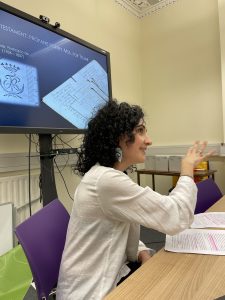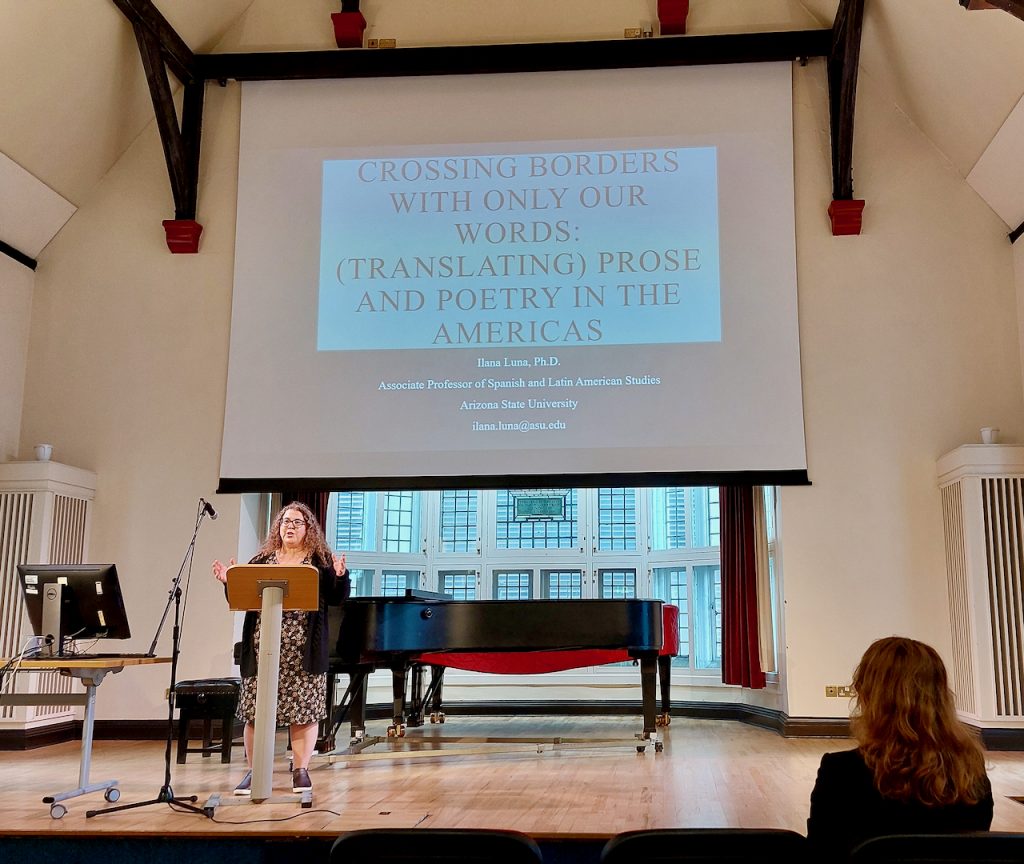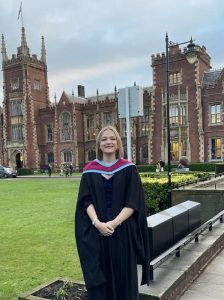This post is part of our Research Initiation Scheme for 2023-2024.
On Friday 8th March, Noelia López-Souto (Universidad de La Laguna, Tenerife) delivered a seminar on her research into Salamancan poet José Iglesias de la Casa, focusing on his life and poetry in 18th century Spain.

To begin her presentation, Dr López-Souto presented us with a portrait of José Iglesias de la Casa, and highlighted how elements included in this portrait represented his life as a priest and poet. However, his dual role of priest and poet posed a problem, as there was sometimes a tension between his religious life and the content of his poetry including, for example, his use of satire. Writing in the 18th century, at a time which fell between the Golden Age and Romantic period of literature, his work is part of the School of Salamanca, an important Spanish literary group with a new poetry influenced not only by the European Rococo movement but also by traditional Spanish poetry and classical models.
Dr López-Souto highlighted how many of his works were subject to posthumous editing, leading to the modification of controversial sections of the original texts, and their division into volumes to facilitate publishing. Despite this, his Poesías Póstumas (1793) were widely successful, and were included in various collections of classical Spanish poetry. However, these works were later silenced and removed from these publications. Dr López-Souto then explained how she has released a new manuscript with poems by Iglesias. Her research aims to recover the poet’s lost works and make them more widely available.
Continue reading
